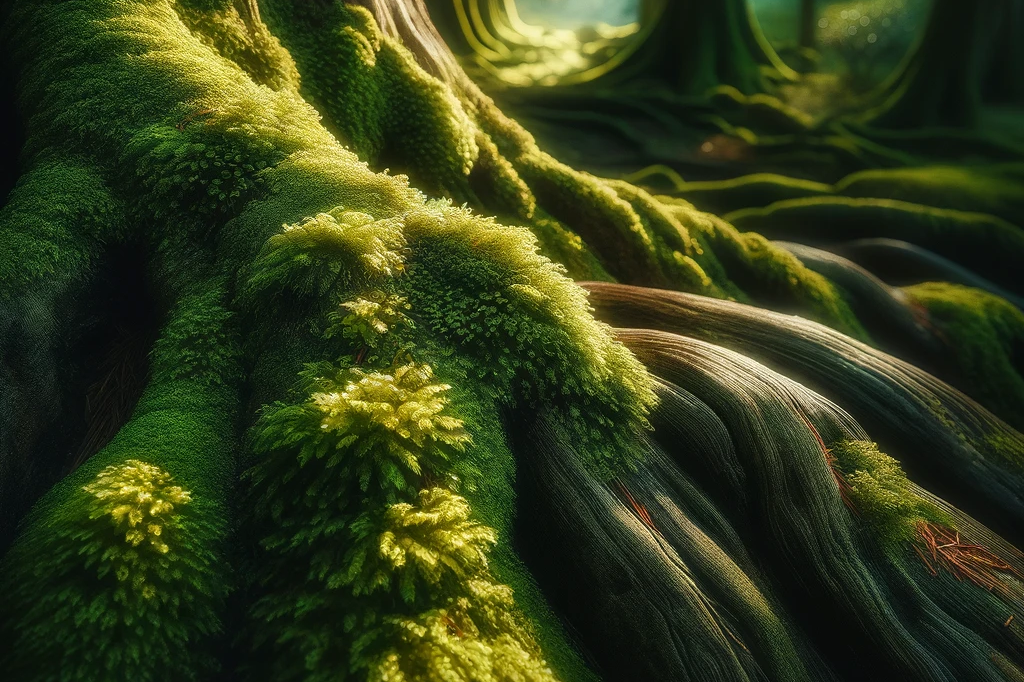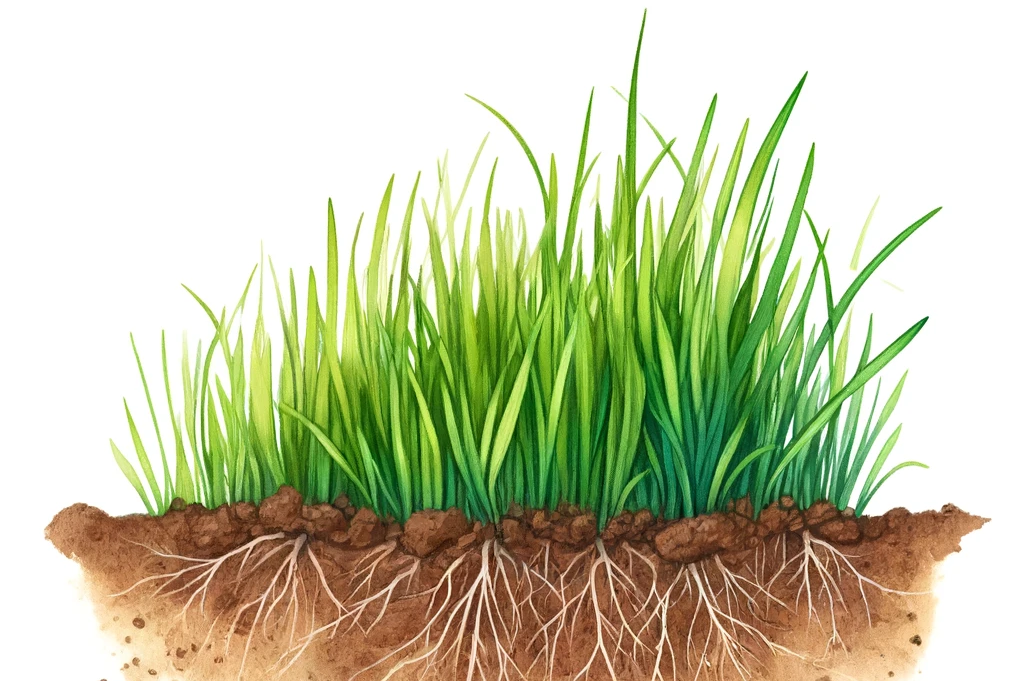Moss ferns

Moss ferns, often a hidden gem in the plant world, rarely make it into the pet food headlines. But could this unassuming plant actually be an unrecognized superfood for our dogs? In this in-depth article, we explore the world of moss ferns, their properties, potential benefits and possible drawbacks for our dogs' diets.
What are moss ferns?
Moss ferns, known by the scientific name Selaginella, are not true ferns but belong to a separate class of plants called Lycopodiophyta. They are characterized by their moss-like appearance and are known for their ability to survive in extreme conditions, including long periods of drought. Moss ferns have a fascinating adaptability and regenerative power that makes them survivors in their natural habitat.
Potential benefits of moss ferns for dogs
Natural source of nutrients
Moss ferns could be a source of various micronutrients, including vitamins and minerals, which are important for dogs' health. Their unique composition could naturally supplement dogs' diets.
Antioxidant properties
The plant compounds in moss ferns, including certain flavonoids and phenolic acids, may have antioxidant properties. These could help to reduce oxidative stress in the dog's body, contributing to overall health.
Supporting digestion
Similar to other plant foods, moss ferns could provide fiber to support healthy gut function and help maintain a balanced digestive system.
Possible disadvantages and risks
Low awareness in animal nutrition
As moss ferns are relatively unknown in pet nutrition, there is a lack of specific research and data on the safety and efficacy of their use. This means that potential risks or side effects may not yet be fully understood.
Tolerance and allergies
As with any new ingredient in a dog's diet, there is a possibility of intolerance or allergic reactions to moss ferns. It is important to monitor the dog's reaction carefully and stop feeding immediately if there are any signs of intolerance.
Risk of contamination
Depending on where they grow, moss ferns may absorb contaminants or harmful substances. Careful source testing is essential to ensure that only clean and uncontaminated plants are used.
A promising supplement, but to be used with caution
Moss ferns offer interesting potential as a supplement in a dog's diet. Their natural nutrients and potential health benefits make them an ingredient worth considering. However, caution is advised due to the limited research available. As with all supplements, it is important to pay attention to the quality and origin of the plants and carefully monitor the dog's response. With a considered approach, moss ferns could be a valuable addition to the variety and quality of dog diets.
If you notice any signs of hypersensitivity or poisoning in your dog, you should see your vet immediately. We are not a substitute for a vet, but we try to be as accurate as possible. Every dog reacts differently and we recommend you get a second opinion or consult your vet if in doubt.
Stay healthy and take good care of your four-legged friend!😊
Similar to Moss ferns
Lichens are not just simple plants, but fascinating symbiotic life forms consisting of fungi and algae or cyanobacteria that live together in extreme symbiosis. This unique partnership allows...
Moss belongs to the group of bryophytes, a type of land plant characterized by its lack of a root system and its simple, often velvety structure. These plants typically grow in moist, shady...
Ferns are a group of around 10,000 known plant species that are characterized by their unique leaf structures, also known as fern fronds. They are among the oldest plants in the world and have...
Grass belongs to the so-called sweet grasses, a large plant family with over 10,000 species. Grass usually grows in tufts or stalks and has narrow, elongated leaves. The flowers of grasses are often...



